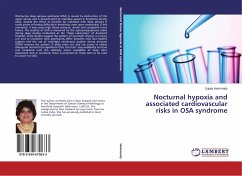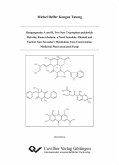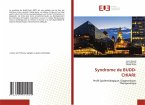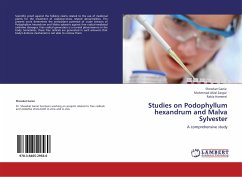Obstructive sleep apnoea syndrome (OSA) is caused by obstruction of the upper airway and is characterized by repetitive pauses in breathing during sleep, despite the effort to breathe. An individual with sleep apnoea is rarely aware of having difficulty in breathing, even upon awakening. If left untreated, it may cause high blood pressure, stroke and congestive heart failure. The severity of OSA is measured by the apnoea-hypopnoea index during sleep studies conducted at the "Sleep Laboratory" of Auckland Hospital. Some studies suggest the pattern of overnight change in urinary uric acid to creatinine ratio significantly differ between OSA and healthy subjects and the use of overnight continuous positive airway pressure (CPAP) reverses the pattern. If delta urine uric acid can prove to clearly distinguish normal from significant OSA, this tests' easy availability and low cost compared with the relatively scarce availability of sleep clinic assessment slots in Auckland, there is potential for these tests to be used to screen for OSA.
Bitte wählen Sie Ihr Anliegen aus.
Rechnungen
Retourenschein anfordern
Bestellstatus
Storno








